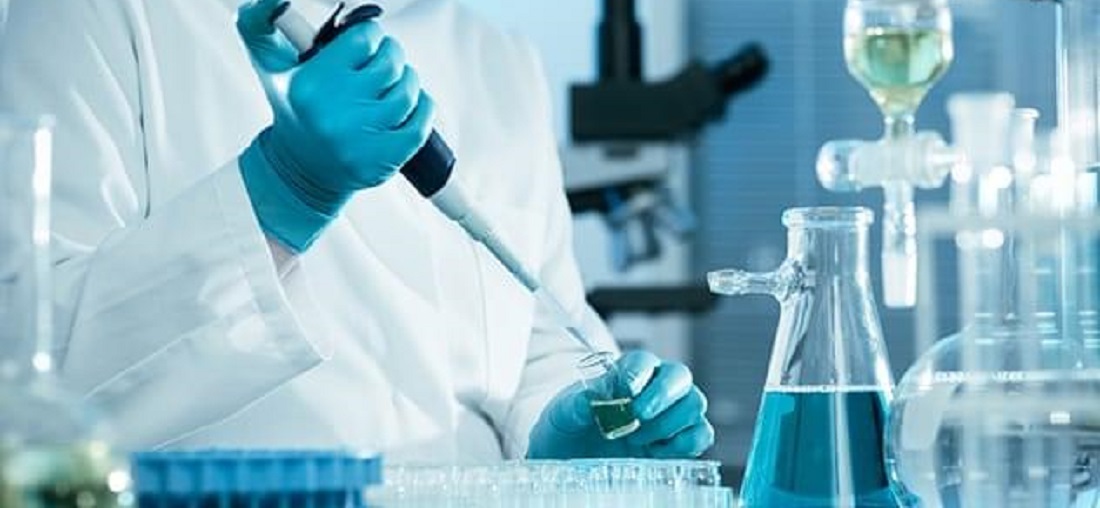
Surging Imports Hinder Chemical Industry’s Capacity Utilization in Brazil
Feb, 19, 2024 Posted by Gabriel MalheirosWeek 202408
The increase in imports, especially from China, is posing challenges to the Brazilian chemical industry, whose capacity utilization stands at around 65%. “This is a very low level. Economically viable operations require a minimum of 75% to 77% capacity utilization,” cautioned the president of the Brazilian Chemical Industry Association (Abiquim), André Passos Cordeiro.
He further explained that sustaining low levels of capacity utilization for six months to a year is not feasible, often leading to plant shutdowns. “Up until mid-2022, we were utilizing around 75% of the installed production capacity in our country,” he says.
According to the executive, it was between July and August 2022 that the chemical industry began to feel the consequences of an “excessive growth in imports,” a situation that only grew worse over time. In 2023, the value of chemical imports in Brazil reached US$ 61.2 billion, while exports totaled US$ 14.6 billion. According to the industry association, import growth reached 30.9%, with an average price drop of 28.6% in 2023.
The chart below presents data on Brazilian imports of chemicals from China (hs code 28 and 29) between Jan 2022 and Dec 2023. The data is from DataLiner.
Imports of Chemicals | Jan 2022 – Dec 2023 | TEU
Source: DataLiner (click here to request a demo)
Trade Protection
The solution to change the sector’s reality lies in the hands of the federal government. In addition to Abiquim, the Brazilian Association of Alkalis, Chlorine, and Derivatives Industries (Abiclor) is urging the federal administration to establish emergency tariffs to prevent surges of international inventories and surpluses in the domestic market at distorted prices.
“The government needs to address the situation with trade protection measures,” emphasizes the president of Abiquim. As an emergency measure, the industry proposed the inclusion of 77 chemical products undergoing abnormal import increases on a list that raises tax rates on items entering Brazil.
The executive recounts that on January 23rd, President Luiz Inácio Lula da Silva signed a decree amending the Mercosur Economic Complementation Agreement, thus authorizing member countries to temporarily raise rates for the entry of products from non-bloc nations.
Thus, the Brazilian decree authorizes the country to have a list of Temporary Increases to the Common External Tariff (CET) for 100 codes of the Mercosur Common Nomenclature (NCM). With the measure, the president of Abiquim believes that Brazil is taking an important step to equalize and reverse the current situation and towards the resumption of sustainable economic development in the sector.
He also added that the trade imbalance has dire consequences not only for chemical industries but also for Brazil’s revenue collection. According to association data, between January and October 2023, revenue collected by the Federal Revenue Service for the sector fell by 23% compared to the same period the previous year, corresponding to R$ 7 billion less in federal taxes.
Environmental Impact
In addition to financial impacts, the increase in imports experienced by the chemical industry leads to detrimental environmental effects, alerts the Abiquim president, André Passos Cordeiro. “The Brazilian chemical industry is the most sustainable in the world and a leader in renewable products,” he stated.
According to the lobby group, Brazilian domestic products are less carbon-intensive compared to Europe (between 5% and 35% less) and the rest of the world (between 15% and 51% less). This is because Brazil’s electricity grid is composed of 82.9% renewable sources, while the global average is 28.6%.
Aside from Asian competition, the president mentions other points of concern, such as the high cost of production. He explains that fertilizer manufacturers, for example, face high natural gas prices, which account for up to 85% of production costs. “Natural gas is four times more expensive in Brazil,” he points out.
With competition from imports and high costs, the association’s president says the activity saw a drop in revenue last year, and the outlook for 2024 continues to be “not good.” The executive emphasizes that Brazil has the sixth-largest chemical industry in the world, generating two million jobs, both directly and indirectly. The activity represents 11% of the Industrial Gross Domestic Product (GDP).
Source: Diário do Comércio
Click here to read the original news article: https://diariodocomercio.com.br/economia/importacoes-china-reduzem-producao-industria-quimica/#gref
-
Grains
Oct, 05, 2022
0
Brazil, with Mercosur partners, plans to become a global rice exporting hub
-
Ports and Terminals
Jul, 02, 2021
0
OceanPact signs a R$154 million contract with Petrobras to provide anchoring service
-
Ports and Terminals
Apr, 23, 2020
0
Rio Grande do Sul port complex shows growth in the first quarter of 2020
-
DW 2020 EN
Jan, 20, 2020
0
DATAMARWEEK 21st JANUARY 2020



